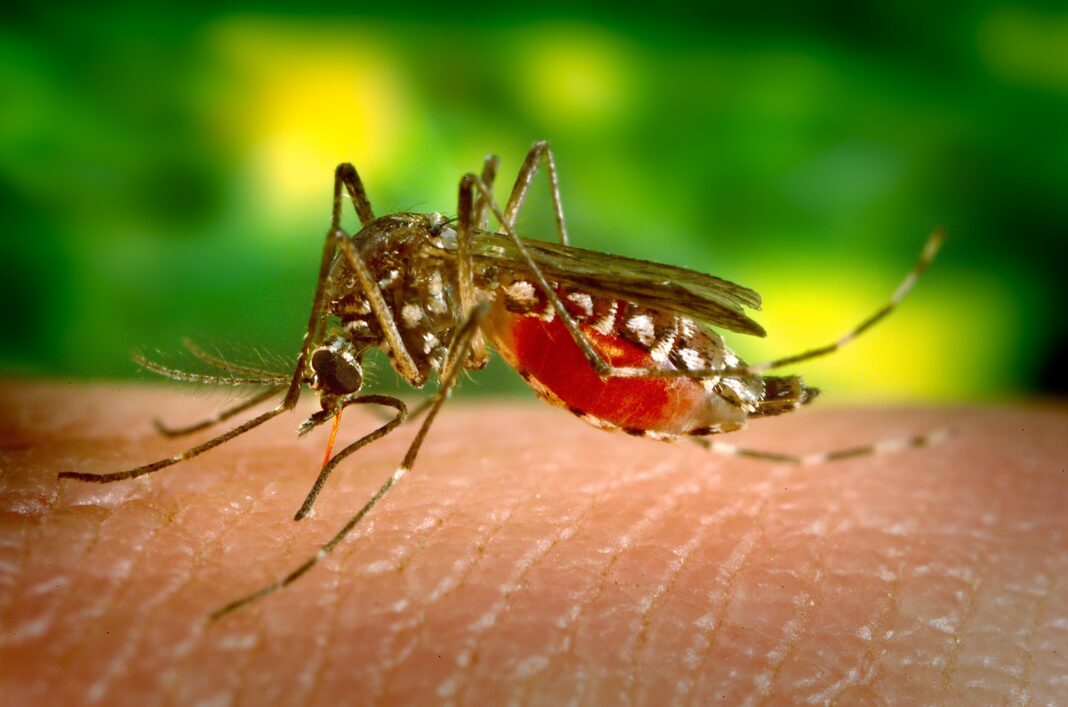According to a recent study, a team of researchers has identified antibody signatures that are associated with less severe dengue infection cases in children. The research, published in Science Translational Medicine, aimed to examine the protection correlated with a secondary natural DENV3 (a serotype of dengue virus) infection. Led by Antonio Dias Jr., the team investigated plasma samples from 59 children with secondary dengue infection, acquired before the onset of the DENV3 epidemic in Managua, Nicaragua from 2009 to 2011.
In 2021, the number of reported dengue fever cases rose up to over 36 thousand in Nicaragua. Children aged between 5 years to 14 years reported the highest morbidity (incidence of 3.5 per 10,000 people). Millions of individuals with severe cases of dengue fever get admitted to hospitals every year. However, several affected people do not manifest the symptoms. Anti-dengue immune response involves a complex mechanism. Antibodies against dengue that are already present in the body can essentially deteriorate the outcomes in individuals who acquire the infection for a second or third time from the DENV3 virus. Besides, researchers have identified insufficient valid predictors that offer protection against the DENV virus. These observations magnify the need to develop beneficial dengue vaccines.
Antonio and collaborators used a systems serology approach, which involves high throughput experiments to identify different features and functions of antibodies. They examined all plasma samples acquired from 59 children who had a history of dengue fever infection. The samples were collected before the onset of secondary infections in these children. During secondary infections, the research team observed characteristic symptoms of dengue, such as fever, in 29 children. However, the infection was inapparent in the remaining 30 children, who did not display any observable symptoms of the disease.
Upon sample profiling, the researchers observed a higher number of antibodies against two proteins of DENV in the children with inapparent infections, the envelope (E), a protein associated with numerous aspects of the life cycle of a virus, and the non-structural protein 1 (NS1) that mainly prevents innate immune response against a virus. Moreover, these children provided evidence for greater effector functions of the antibody constant region (Fc), which in turn was related to a lesser danger of severe hemorrhagic symptoms in those with DENV symptoms. The role of this region is to confirm that each antibody produces a suitable immune response for a particular antigen.
The isolated anti-E and anti-NS1 antibodies from the collected samples were found to neutralize both the infected cells and the dengue virus in culture. The findings suggest that Fc functions specific to E and NS1 proteins may act as correlates of protection against the dengue virus.
Dias et al. concluded that the recognition of substitute correlates of protection is immediately required to direct the development and assessment of contemporary and next-generation vaccines. By identifying the varied correlates of protection against dengue, the article helped inform research into the vaccines required for this prevalent viral disease.
References
Dias Jr, A. G., Atyeo, C., Loos, C., Montoya, M., Roy, V., Bos, S., … & Harris, E. (2022). Antibody Fc characteristics and effector functions correlate with protection from symptomatic dengue virus type 3 infection. Science Translational Medicine, 14(651), eabm3151. https://doi.org/10.1126/scitranslmed.abm3151
Statista. (2022, June 16). Dengue fever infections cases reported in Nicaragua 2015–2022. Retrieved July 5, 2022, from https://www.statista.com/statistics/939829/reported-dengue-fever-infection-cases-nicaragua/#:%7E:text=The%20number%20of%20reported%20Dengue,by%20around%2017%20thousand%20cases.
PATH. (2011). Dengue in Nicaragua- A review of control status, trends, and needs. Retrieved July 5, 2022, from https://path.azureedge.net/media/documents/TS_nicaragua_dengue_rpt.pdf
Bhatt, P., Sabeena, S. P., Varma, M., & Arunkumar, G. (2021). Current understanding of the pathogenesis of dengue virus infection. Current microbiology, 78(1), 17-32. https://doi.org/10.1007/s00284-020-02284-w





